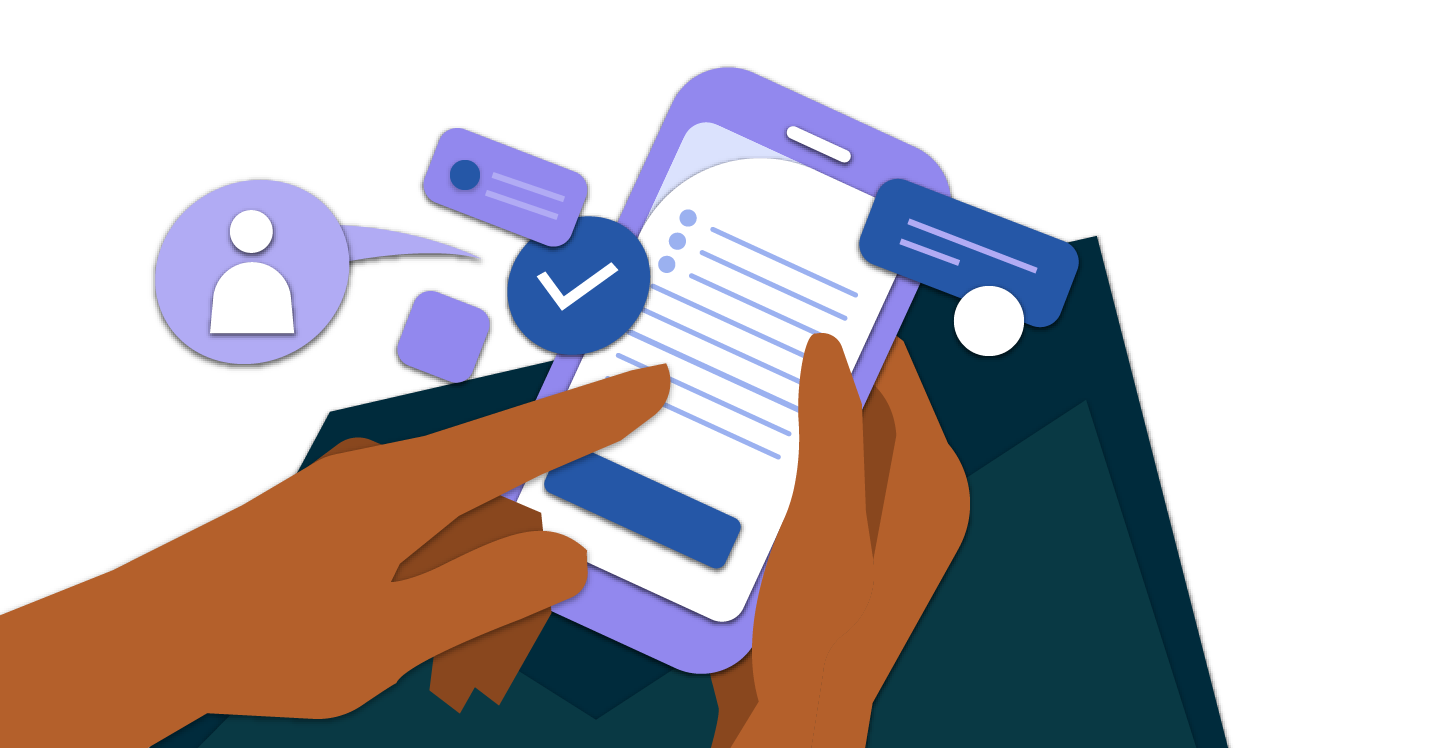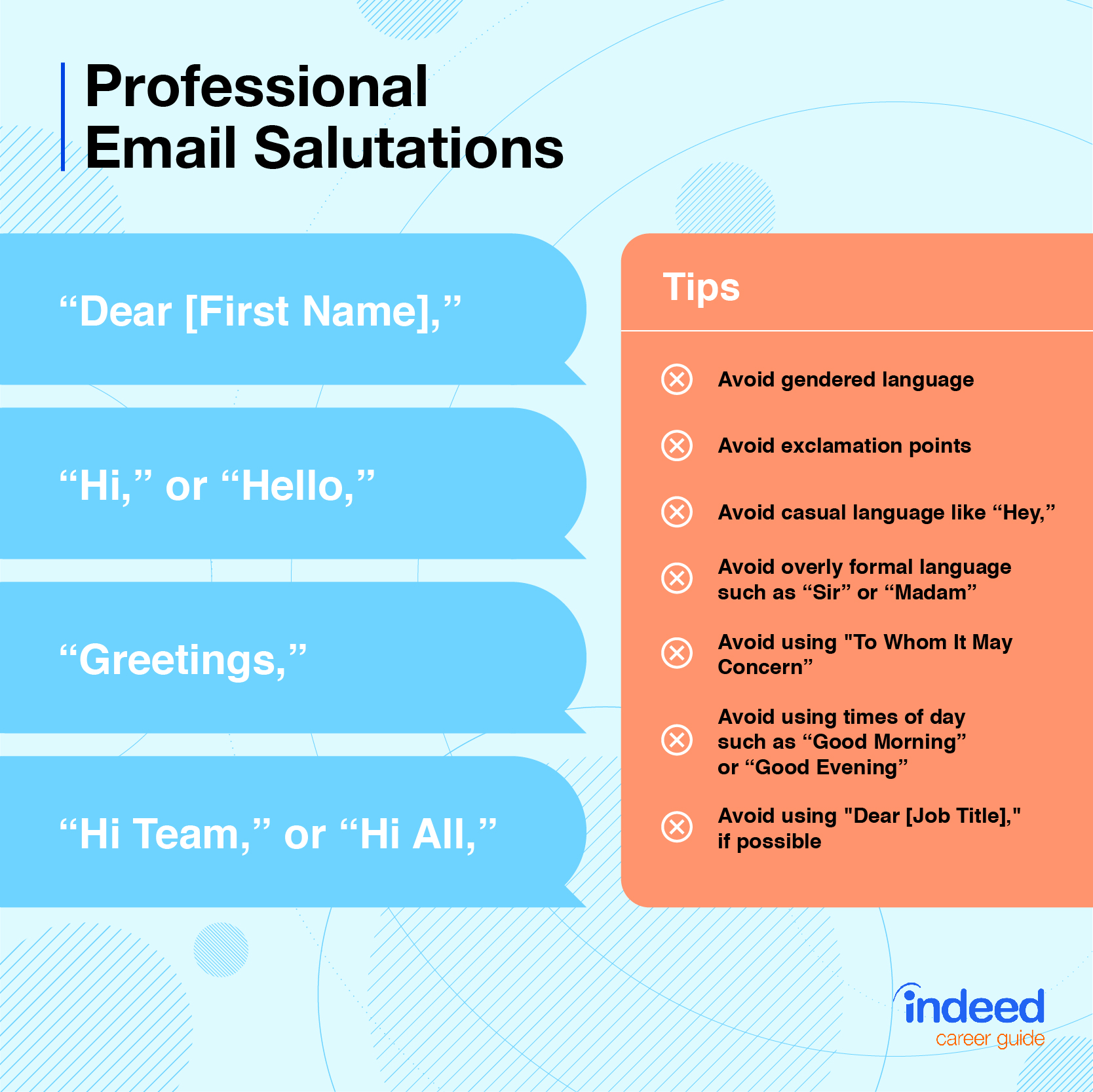How to Introduce Yourself Again in Emai
How To Introduce Yourself in an Email (With Examples)
By Indeed Editorial Team
May 24, 2022

Image description
An illustration of a person checking their email on a mobile phone, with communication bubbles surrounding it.
Email is the most common form of communication in the business world. Some professionals get hundreds or even thousands of emails a day. They're busy people and, to capture the interest of your recipient, you should write a clear and informative self-introduction.
In this article, we explain how to introduce yourself in an email and provide a template and examples of email introductions to help you compose your own.
Key takeaways:
-
Use a professional introduction like, "Hello," "Greetings" or "Dear."
-
Use the recipient's full name in the greeting or just their first name if you know them personally.
-
Use a clear, straightforward subject line and start by including your reason for writing.
-
Introduce yourself with your full name, title and any other relevant details the recipient should have.
What is a self-introduction email?
A self-introduction email is a message sent to someone you have never met with information about who you are. The purpose of the email is usually a request, such as asking for information about a job, asking for advice or attempting to sell a product or service. To receive a response, an introduction email needs to capture the attention and engage the interest of its recipient.
Related: How To Write a Professional Email
How to introduce yourself in an email
Use these steps to write an engaging introduction email:
1. Find a mutual contact
Before introducing yourself in an email, first check if you have any common acquaintances with the recipient. If you know someone who works at the same company or who attended college with them, try asking your mutual contact if they would be willing to introduce you or allow you to mention their name in your email.
2. Use an informative subject line
The subject line of an email is the first thing a recipient will see and will likely affect their decision of whether to open and read the email. You should write a subject line that is professional, informative and brief. If you're inquiring about an open position, you could use a subject line such as "Sales Associate Position Inquiry." If you're applying for a job or asking for information, include your purpose, such as "Sales Associate Application" or "Information Request on Marketing Trends."
3. Personalize your greeting
Begin your email with a greeting tailored to the recipient. If you are emailing someone in a traditionally formal industry, such as finance or law, use "Dear Ms." and the person's last name. If you are introducing yourself to someone in a more informal industry, like technology or media, you could say "Hello" and use their first name. Research the person and the company online before writing your email to try to discover what sort of greeting would be appropriate.
Related: 20 Ways To Start an Email
4. Write about the other person
Although you should introduce yourself by stating your name and position near the beginning of the email, your opening paragraph should focus on the recipient. You will be more likely to capture their interest if you open with a compliment. You could mention something specific about their work that you like or that you admire their organization. Beginning with a mutual interest is a good way to engage someone, such as attending the same school or growing up in the same area.
5. Explain why you are reaching out
Quickly explain why you are emailing the recipient. Include how you know them and obtained their email address. For example, you could explain that a mutual contact gave you their email and you wanted to ask them about an opening with their company.
6. Include a call to action
The final section of the email should include a request or call to action for the recipient. Make your request brief and specific, such as asking to meet to discuss a certain subject, for a job application or information about an open position. Make sure to phrase your call to action as a polite request instead of a demand. For example, "I have attached my resume in the hope that you will consider me for this position."
7. Offer thanks and close
Thank the recipient for their time before you end the email. Acknowledge that they probably have a busy schedule and you appreciate their time. Use a professional closing, such as "Sincerely," and include your contact information under your signature. You could also include links to your online professional profile or work portfolio.
8. Proofread
Before sending the email, review it for any spelling or grammatical errors. An error-free email will be more likely to make a good impression. Try taking a short break before proofreading or asking a trusted friend to review it, since a new reader may be able to recognize any errors. You could also send the email to yourself first to see how it looks when the recipient opens it.
Related: 5 Steps for Great Business Writing (With Tips)

Image description
Professional Email Format
-
Subject line
-
Salutation
-
Body
-
Closing
-
Signature
Best practices: Identify your goal, consider your audience, keep it concise, proofread your email, use proper etiquette and remember to follow up.
Formal introduction email template
Consider using this template to write a formal introduction email:
Subject: [Main topic]
Dear [recipients name],
My name is [include your first and last name], and I [include a compliment about the recipient]. I am reaching out to you today because [provide a brief but specific explanation of your reason]. I hope to [include your call to action here].
Thank you for your consideration and time.
Sincerely,
[Your name]
[Contact information]
Email introduction examples
Here are three self-introduction email samples that may help inspire you to write your own:
Job application email
Subject: IT technician application
Dear Mr. Arno,
My name is Lydia Renata, and I greatly admire the work in new software applications that Bright Technology is doing. I am reaching out to you today because I saw your email address listed as the contact person for an open IT technician position posted online. I have attached my resume and a cover letter to this email, and I hope you will consider me for this role.
Thank you for your consideration and time.
Sincerely,
Lydia Renata
lrenata@email.com
(452) 893-2314
lydiarenata@professionalprofile.com
Related: How To Email a Resume
Open position inquiry
Subject: History teacher position inquiry
Dear Ms. Perez,
I saw the recent article in the Herald about your work with low-income students, and I want to congratulate you on your success as principal of Mount Crystal High School. My name is Mark Santini, and I am interested in the open history teacher position listed on your website.
I am reaching out to ask for more information regarding this position. Is it full or part-time, and which courses are part of the curriculum? I would appreciate it if you could respond to this email or call me at the number below.
Thank you for your time.
Sincerely,
Mark Santini
santini.mark@email.com
(452) 893-2314
Information request
Subject: Market research interview
Dear Ms. Fournier,
I read the recent profile on your success as a realtor, congratulations!
My name is Annie Arcatto, and I am a graduate student performing a survey of real estate market trends. I am reaching out to you because I hope to interview you for my project to gain more information about your job and its relation to market research. I am happy to meet at a time and place that is convenient for you.
Thank you for your time, and I hope to hear from you soon.
Sincerely,
Annie Arcatto
aarcatto@email.com
(452) 893-2314

Image description
Professional email salutation tips:
-
Avoid gendered language
-
Avoid exclamation points
-
Avoid casual language like "Hey,"
-
Avoid overly formal language like "Sir" or "Madam"
-
Avoid using "To Whom it May Concern"
-
Avoid using times of day, such as "Good morning" or "Good evening"
-
Avoid using "Dear [ Job Title ] " if possible
Source: https://www.indeed.com/career-advice/career-development/email-introduction-examples